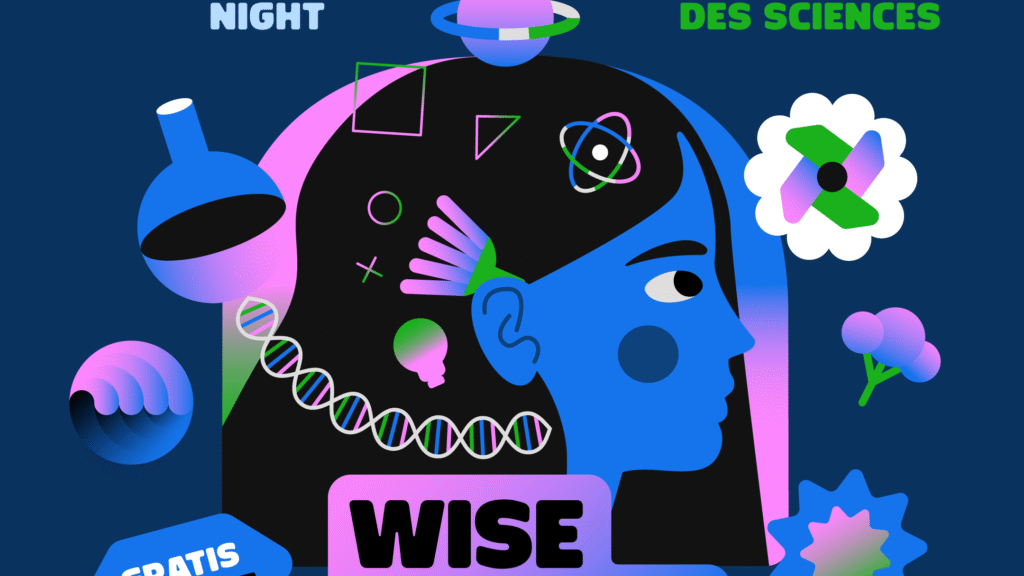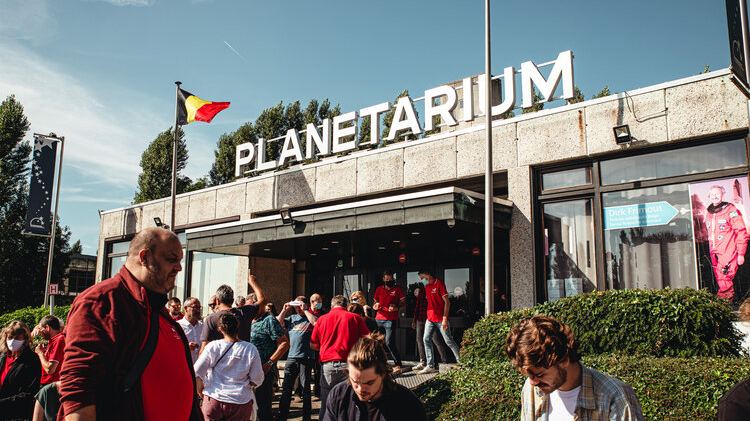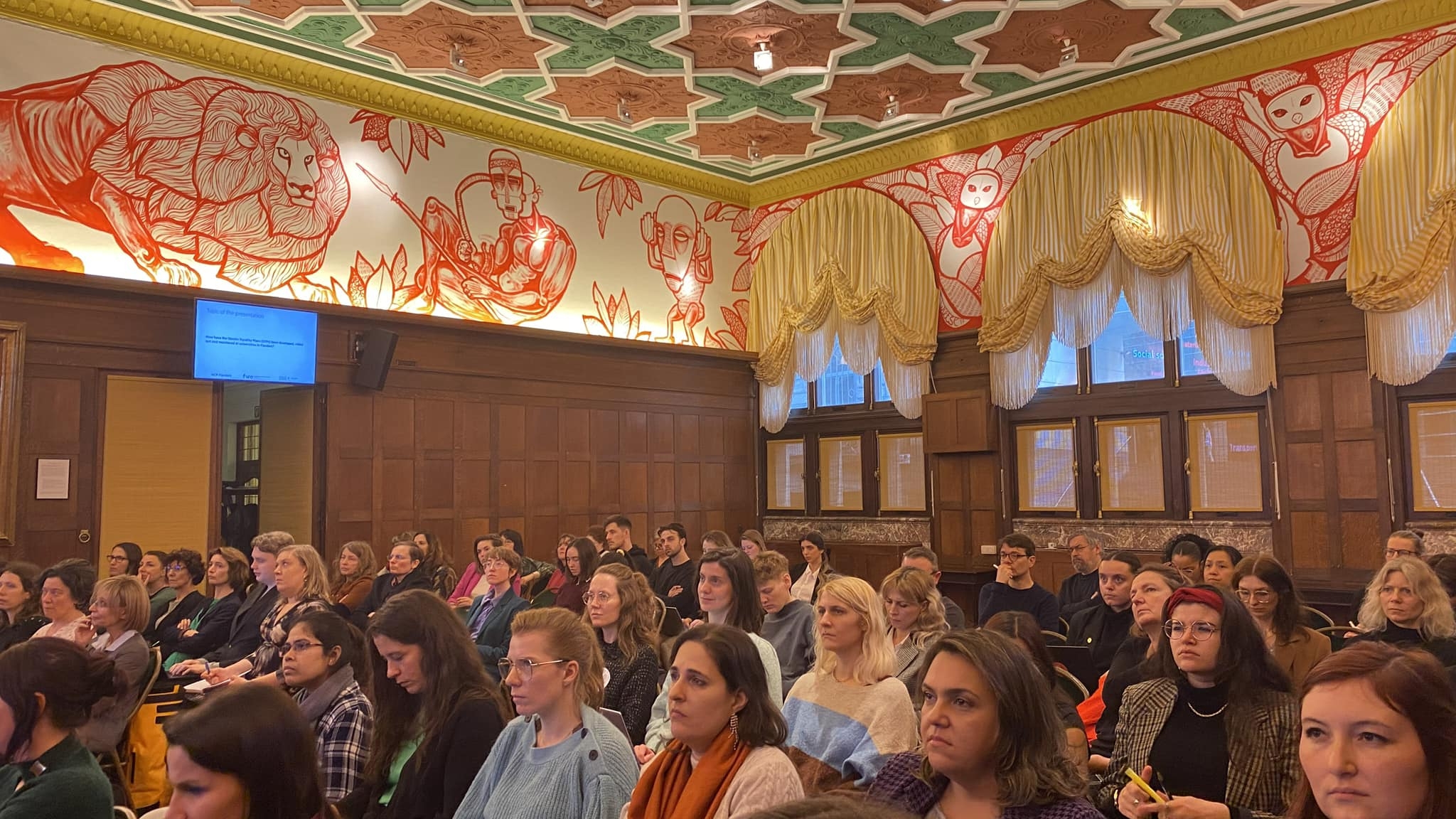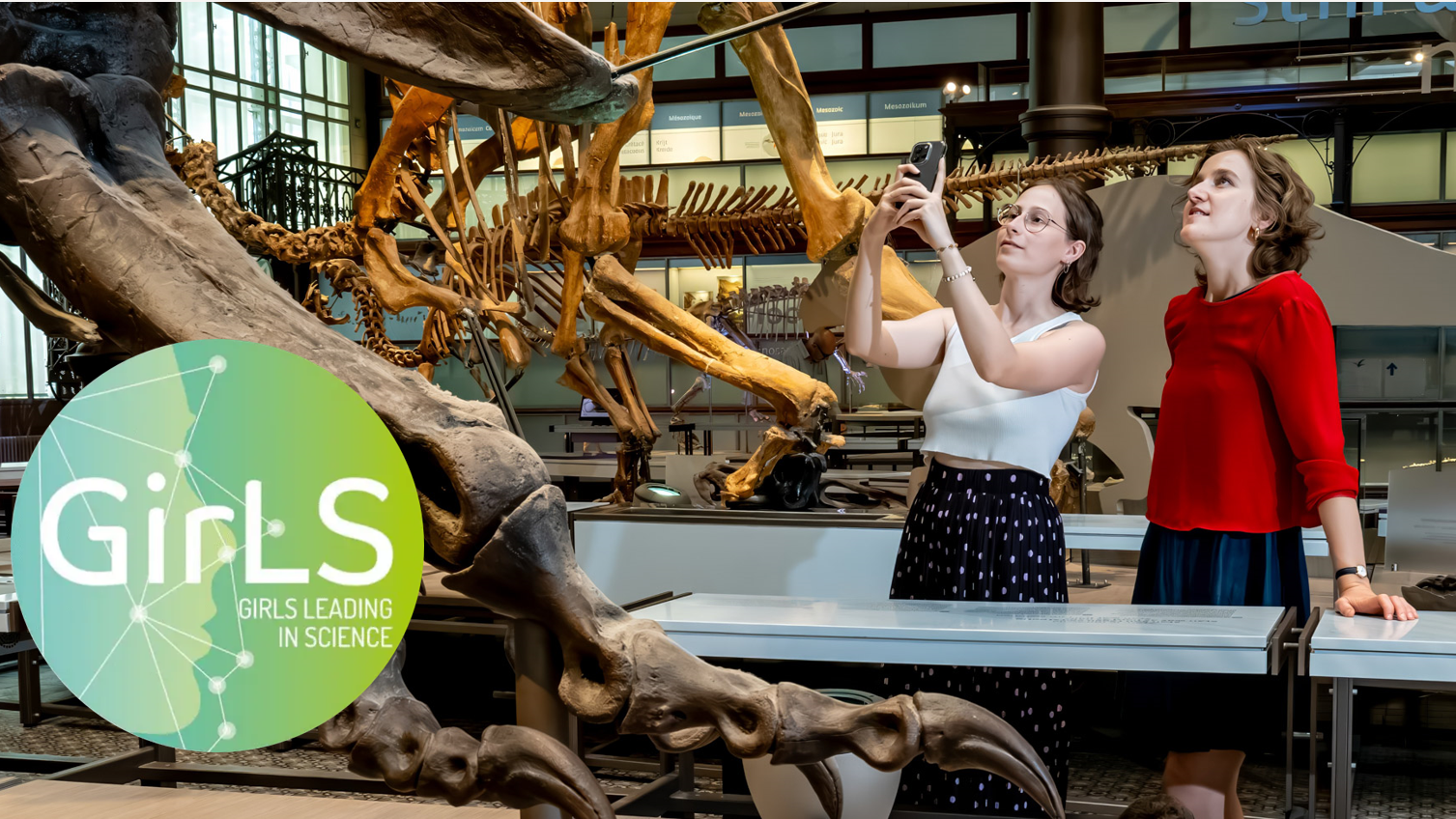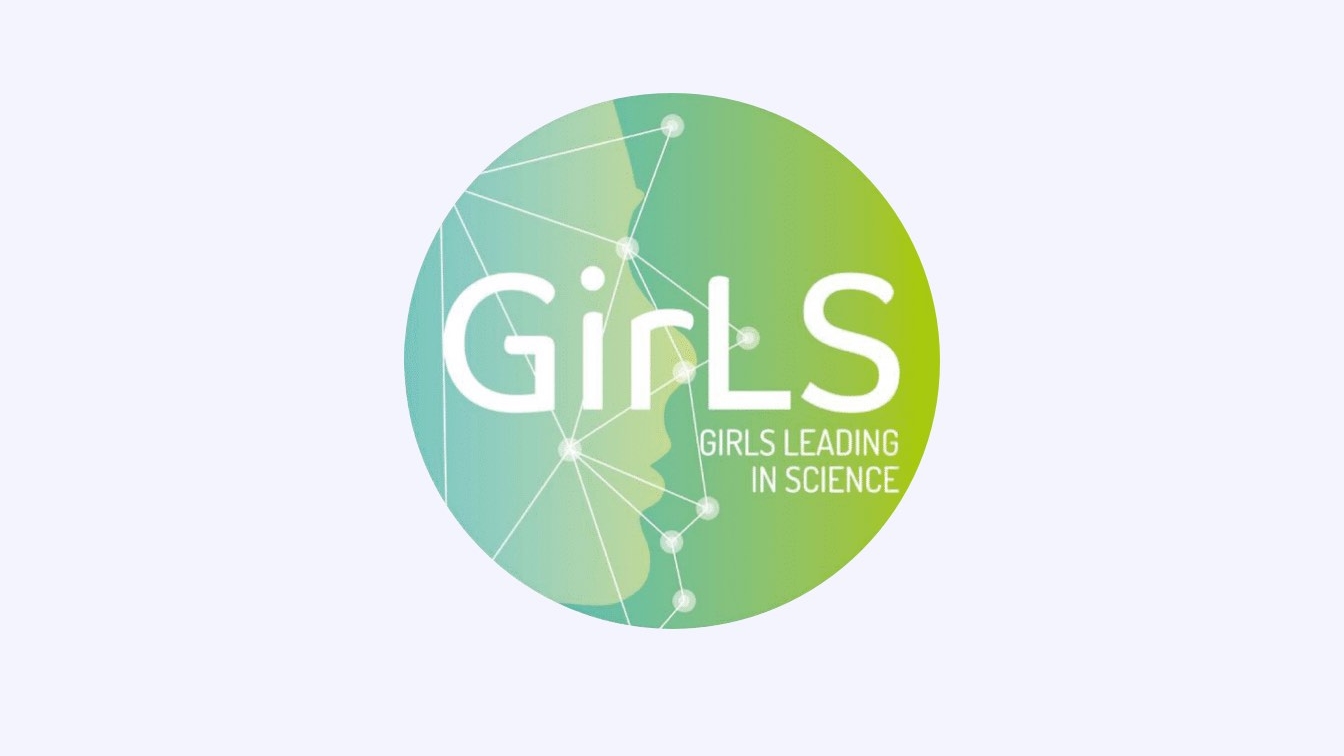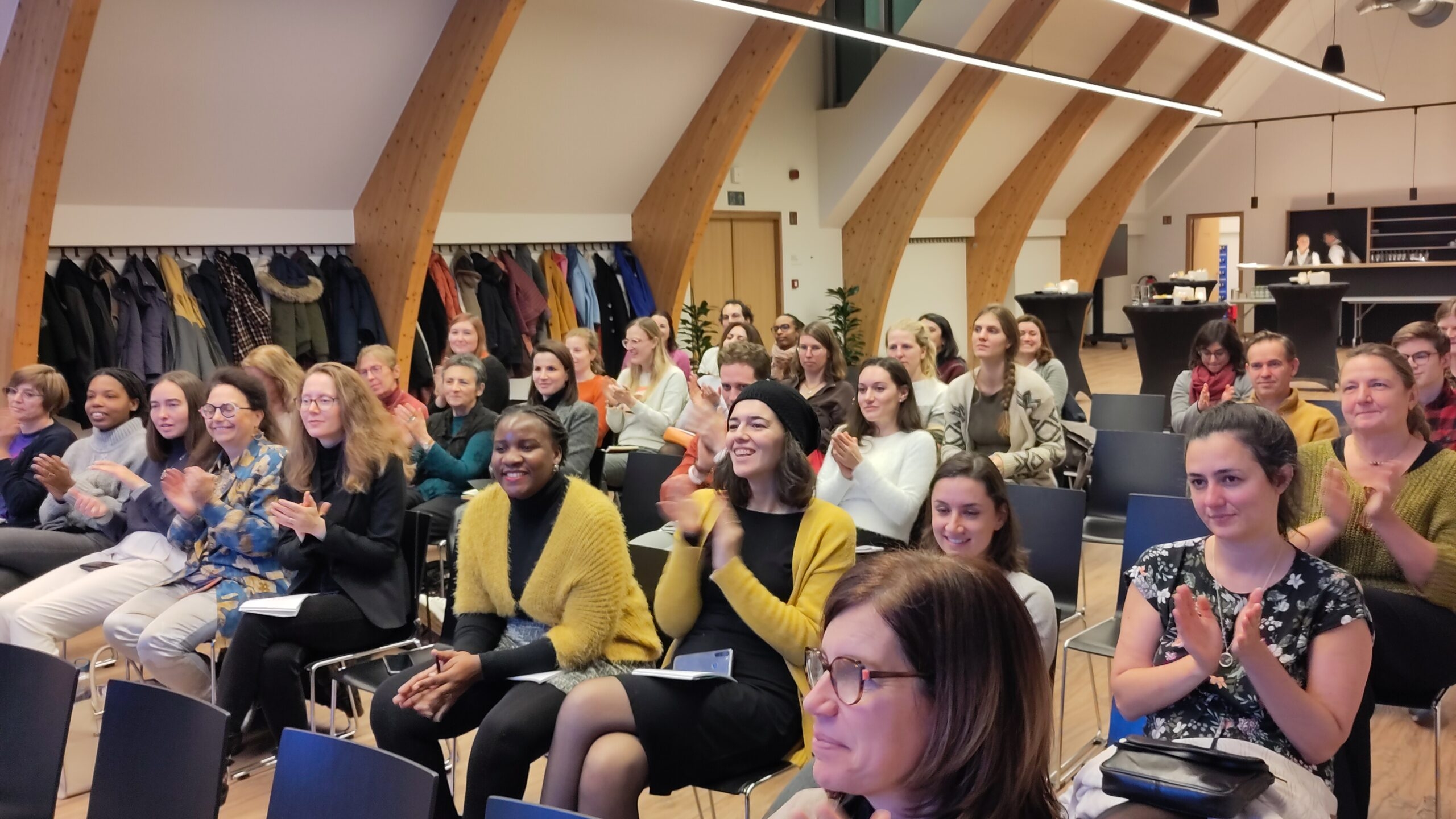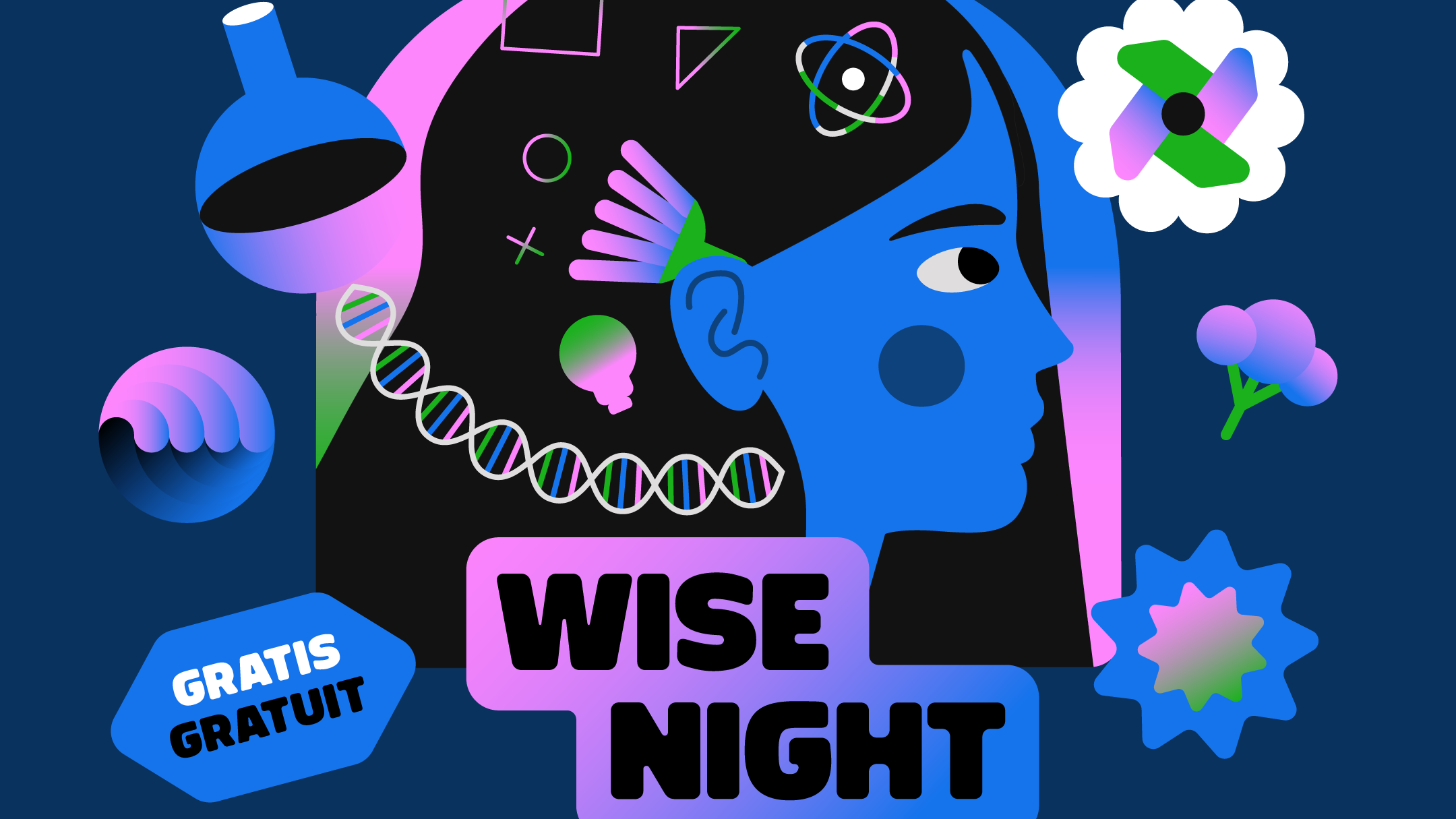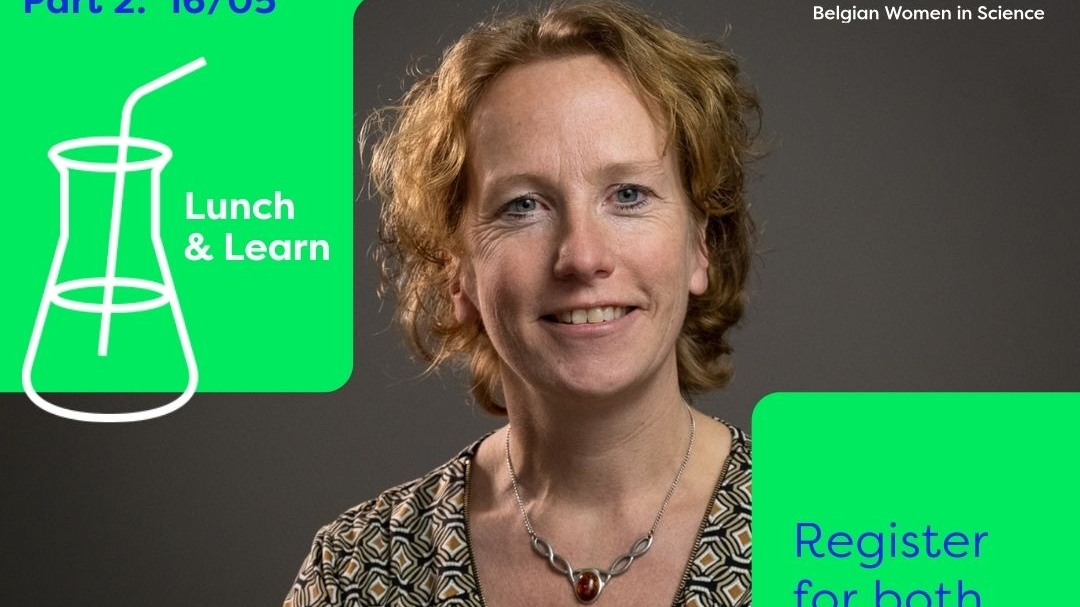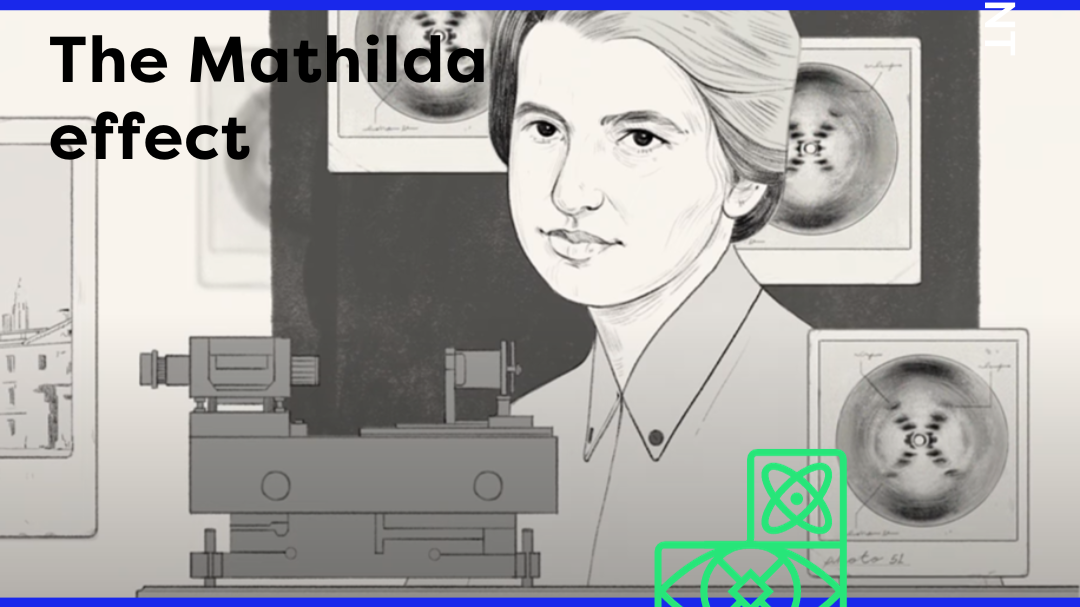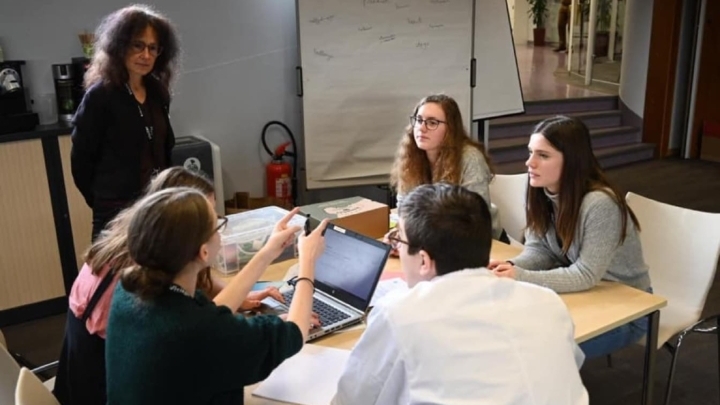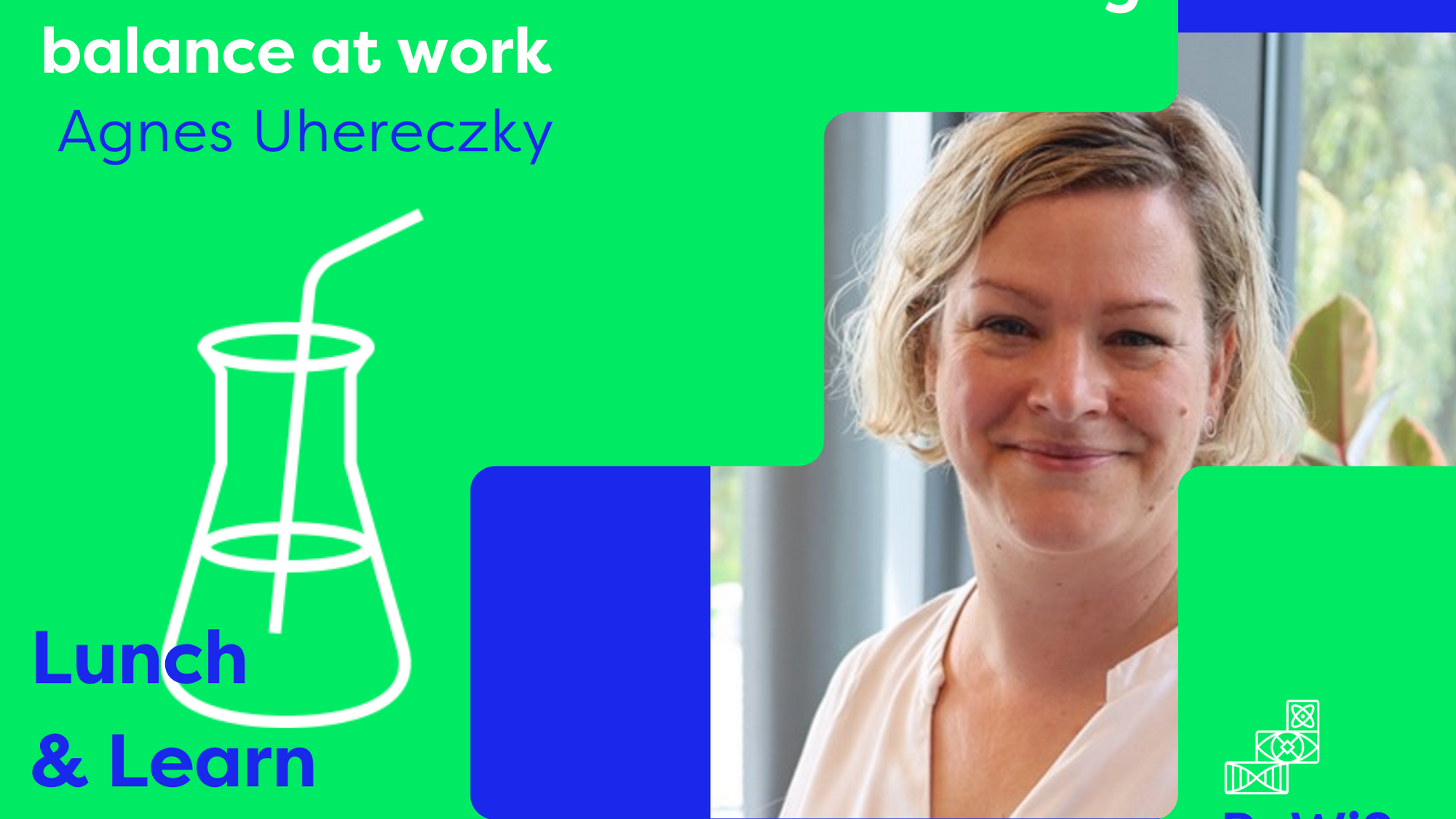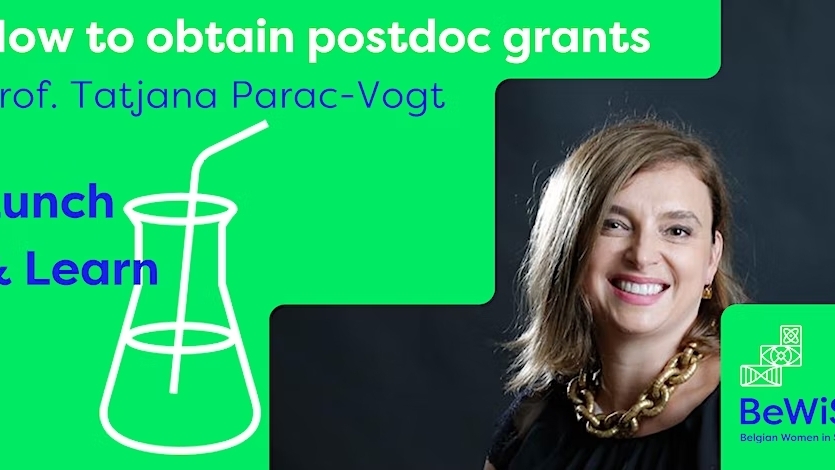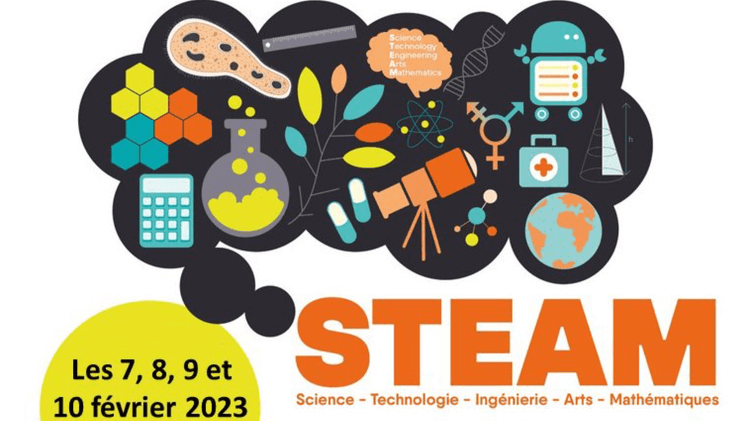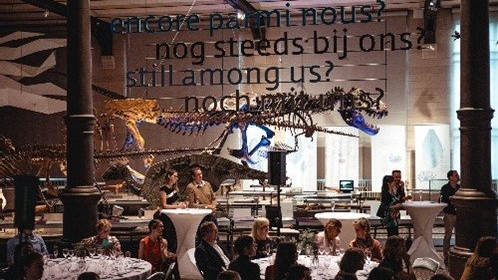Women in Science Day conferences continue to explore how to speed up the transition to gender equality in scientific careers. In its 2023 edition, BeWiSe invites higher education students, academics, university professionals and policy-makers to discuss the role played by institutional Gender Action Plans imposed by the European Union in the frame of Horizon Europe research and innovation programme. Participants will explore the following questions:
Session 1
What are gender action plans and how are they implemented at Belgian universities and research institutes? A combination of European and Belgian perspectives with
- Jeanne Lenders, European Commission, DG Research & Innovation (RTD)
- Margot Beereboom, NCP Flanders
- Nadège Ricaud, F.R.S.-FNRS
Session 2
What impact do gender action plans have in practice? Diversity teams, students and scientists make a preliminary balance of progress and hurdles, with
- Dr. Sara Aguirre, Université Libre de Bruxelles
- Titouan Berhaut-Streel, Equality Law Clinic
- Prof. Dr. Bieke Broux, Universiteit Hasselt
- Dr. Delphine Laboureur, Von Karman Institute for Fluids Dynamics
- D. Stefanie Mulder, EUTOPIA European University / Vrije Universiteit Brussel
- Carole Paleco, Royal Belgian Institute of Natural Sciences
Session 3
(How) is the gender dimension included in research? Researchers share their practices in varied scientific disciplines, from life sciences to geography and climate change:
- Dr. Sarah Ahannach, Universiteit Antwerpen
- Kandice Kreamer Fults, Vrije Universiteit Brussel
- Sebastian Ingelaere, Katholieke Universiteit Leuven
- Jelena Luyts, Université de Namur
- Dr. Vinicius Oliveira, Université de Liège
Why this topic
Gender imbalance in STEM fields is well documented and plenty of scholarly analyses of its potential causes have been made over the years. To work toward more gender equality, initiatives have been launched by institutional funders, individual research organizations, non-profit organizations, policy-makers and projects. They tackle different possible sources of imbalance, such as lack of role models, unconscious biases, discrimination, different expectations for girls and boys, etc. Despite these efforts, the progress has been slow-paced: the European Institute for Gender Equality states that in 2019, in Belgium, there were 5 times more men working in STEM fields than women.
The European Union recognizes this issue and has taken a number of actions in the past. Its newest large-scale decision makes it obligatory for all public bodies, higher education institutions and research organizations from member states and associated countries to have a gender equality plan in order to be eligible for Horizon Europe funding. Since this programme is an important source of funding for research and innovation, many research-intensive organizations have Gender Action Plans now.
How did these Plans emerge? What do they contain? Who is involved? Are they recognized and appreciated by the research community? What do they change in practice? What additional positive actions are possible? Our aim is to explore these questions during the WiS day 2023.
